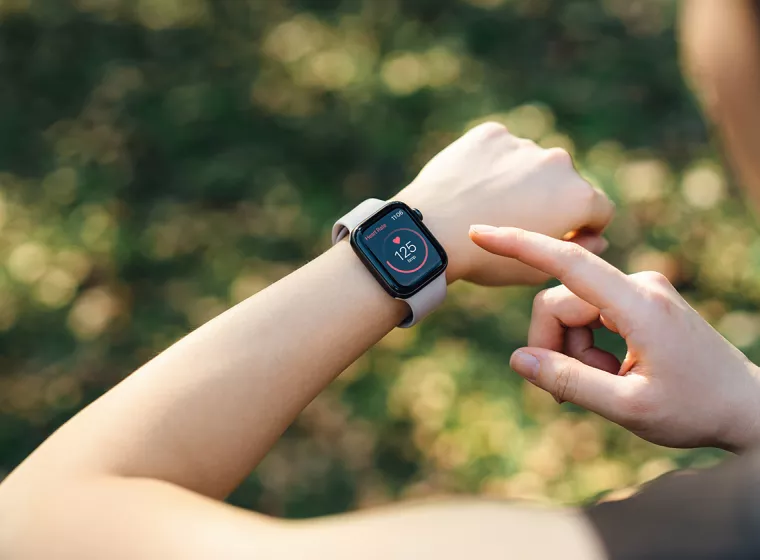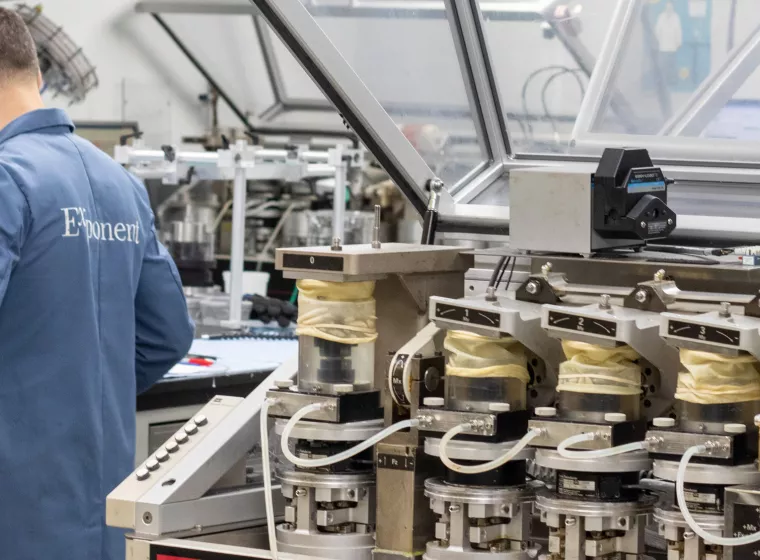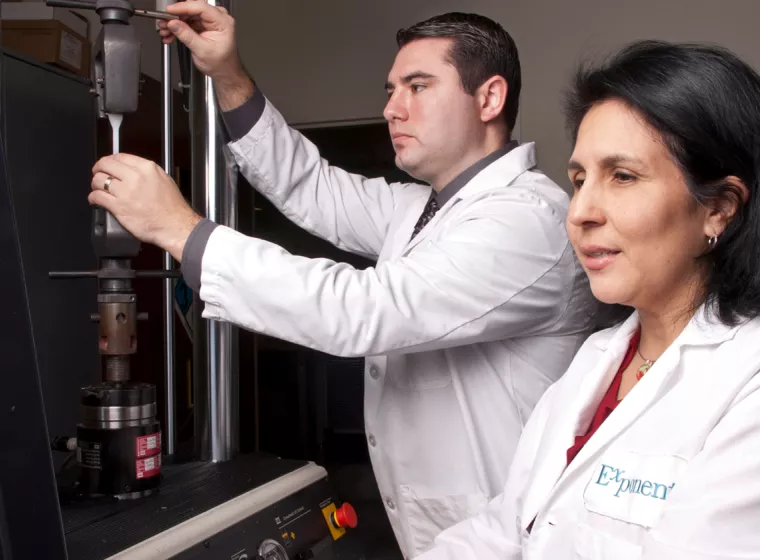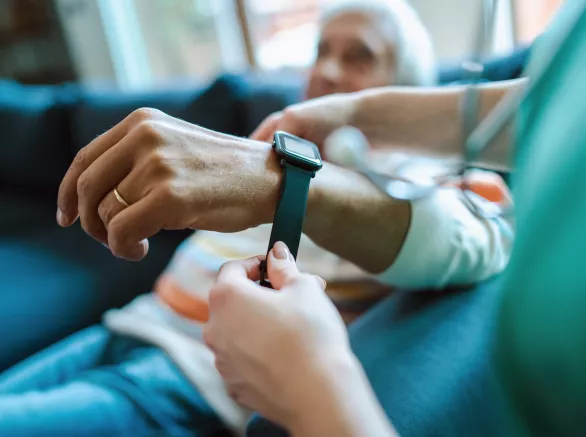May 5, 2023
Updated document builds on pandemic-era considerations for conducting DCTs
The Food and Drug Administration released new draft guidance May 1 for conducting decentralized clinical trials (DCTs) for drugs, biologics, and medical devices.
The agency's proposal outlines recommendations for sponsors, investigators, and other stakeholders of clinical trials that take place partly or entirely outside traditional clinical trial sites. Examples include scheduling clinical follow-up visits using telemedicine and performing laboratory tests at a local facility in place of the clinical research site.
The draft document builds on agency recommendations issued in December 2021 during the COVID-19 pandemic, when FDA released initial guidance as DCTs experienced rapid adoption. The additional guidance released this week provides clarification around planning, documentation, and execution of specific DCT features.
Although the regulatory requirements are the same for DCTs as traditional site-based clinical trials, the new recommendations address considerations specific to DCTs, such as:
- Design considerations for a DCT
- Conducting remote clinical trial visits and other clinical trial-related activities
- Using digital health technologies to acquire data remotely
- Roles and responsibilities of the sponsor and investigators
- Obtaining informed consent and institutional review board oversight of the process
- Determination of the appropriateness of investigational products
- Packaging and shipping of investigational products
- Safety monitoring of trial participants
FDA added that DCTs can reduce barriers to participation, increase the breadth and diversity of clinical trial participants, and boost access for those with mobility challenges.
DCTs have been recognized for their many benefits — particularly the ability to increase diversity in clinical trials as well as reach populations, such as rare disease populations, that can be difficult to access in traditional clinical trial settings by reducing barriers to and burdens of participation. The recent guidance signals FDA's continued commitment to supporting use of DCTs.
In a statement, FDA Commissioner Robert M. Califf, M.D., said, "As we seek to improve our evidence generation system, decentralized clinical trials may enhance convenience for trial participants, reduce the burden on caregivers, expand access to more diverse populations, improve trial efficiencies, and facilitate research on rare diseases and diseases affecting populations with limited mobility."
FDA will accept public comments on the draft guidance through August 1, 2023.
What Can We Help You Solve?
Exponent's multidisciplinary engineers and scientists are at the forefront of conducting remote clinical research and decentralized clinical trials, including developing the digital technology and data networks needed for remote research; building patient-generated health data and registry ecosystems; integrating electronic health record data into real-world data streams; deploying and monitoring complex networks of wearables and sensor technologies; and creating backend artificial intelligence and machine learning environments for real-time insights.

Next-Gen Wearables in Healthcare
Effectively demonstrate the clinical, experiential, and economic value of wearable devices.

Epidemiological Studies
Epidemiological studies, database design, and exposure assessments for complex health issues.

Medical Technology Assessment Program
Rapid, expert assessments of medical devices and technologies, surgical implants, and wearable medical technologies.

Meta-Analysis for Health Science
Evaluate treatment and exposure effects on health outcomes with complex analysis.

Clinical & Pharmacoepidemiology
Rigorous pharmacoepidemiology studies and clinical trials.

Medical Device Design & Development Support
Crucial medical device design and development analyses to empower your decision-making.
Insights


